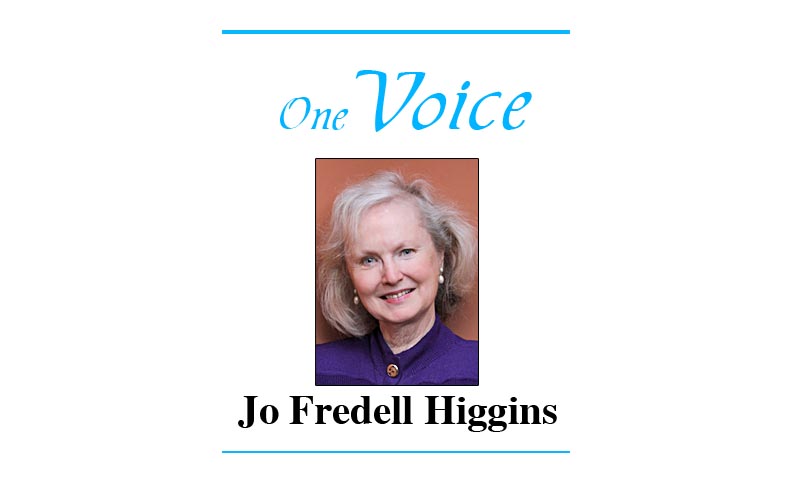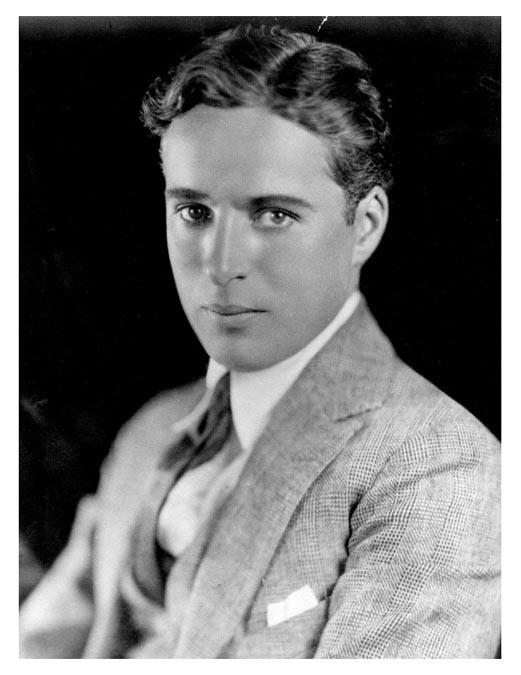
There is no certificate of the birth of Charlie Chaplin April 16, 1889 nor a record of a baptismal registry. The place of his birth is thought to be East Lane off the Walworth Road. It had a loud and vigorous Sunday morning street market with its costermongers, old-clothes sellers and various traders. South London in the 19th Century was shabby, dirty, without power, and grim. Small trades such as hat-making, leather-tanning, and factories abounded for the manufacture of biscuits, jam, and pickles. Predominant smells were those of vinegar, smoke, beer, and the stench of poverty. His mother, Hannah, and his possible father, Charles, brought ruination to the family because of alcohol.

Nevertheless, there was a bright hard-working child who had been sent to a workhouse twice before the age of nine. Who had a fire in him that sent him to become a music hall dancer at the age of nine. “Even then I thought of myself as the greatest actor in the world,” he told his oldest son. “I had to feel that I had complete confidence in myself. Without it you go down to defeat.”
Sir Charles Spencer Chaplin, Jr., KBE, became an English comic actor, filmmaker, and composer who rose to fame and fortune in the era of silent film. At age 19, he was signed to the Fred Karno company which took him to the United States. He began appearing in 1914 for Keystone Studios. He developed the tramp persona. He would direct his own films and by 1918 he was known throughout the world.
In 1919, Chaplin co-founded distribution company United Artists, which gave him complete control over his films. His first film, The Kid (1921), was followed by A Woman of Paris, The Gold Rush, The Circus, City Lights, Modern Times, and The Great Dictator. In the 1940s he was accused of communist sympathies and an FBI investigation was opened. He left the United States to settle in Switzerland after his wife, Oona, moved $4 million in assets out of the country.
Chaplin wrote, directed, produced, edited, starred in, and composed the music for most of his films. He was a perfectionist and his financial independence allowed him to spend years on the development and production of a picture. His widow, Oona, inherited more $100 million upon his death at age 88, December 25, 1977.
Having finished reading a biography of Chaplin, it was clear that his public persona and his cinematic genius were at great contradictions to his personal attributes. He seemed to epitomize the human condition of, flawed, frail, funny.
On the positive side, one critic said that he was “such a bearer of healing laughter that the world had never known.” On the other hand, he was “tyrannical, wounding, authoritarian, a mean, hot- tempered, despotic, man imbued with himself.” He was without morals regarding his sexuality and boasted that he had 2,000 women in his lifetime. He admitted to being the father of 12 children, not counting the abortions he paid for from various mistresses.
Charlie Chaplin had many fears, one of which was that he would not be remembered. He was terrified he would experience poverty again and so was considered miserly by those in his company. In Spring 1975 he and Oona went to London where he was knighted by the queen. His health was in decline and he had to be pushed in a wheelchair.
The comic genius who gave us the Little Tramp was buried at the Cimektiere de Corsier-sur Vevey, Switzerland.

